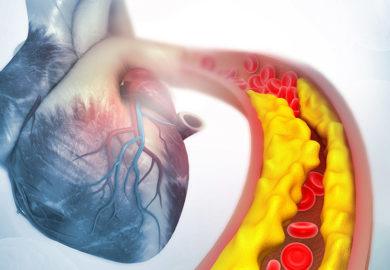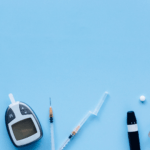
Where a study on metformin and cardiovascular disease fell short – and what it can teach us
An investigation on metformin, diabetes, lipid biology, and cardiovascular disease offered little insight on any of these topics, but it illustrates common problems in scientific research
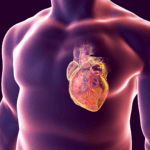
Statins: effectiveness, safety, and common myths on their role in ASCVD prevention
A review of the evidence for statins in combating heart disease
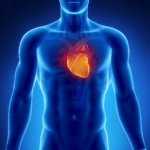
A case study on the importance of taking charge of one’s own health
The personal story of a podcast listener who sought to gain a better picture of his cardiovascular health – and who saved his own life as a result.

#255 ‒ Latest therapeutics in CVD, APOE’s role in Alzheimer’s disease and CVD, familial hypercholesterolemia, and more | John Kastelein, M.D., Ph.D.
“One of the things that is so dangerous about this disorder is that the plaque that you get in FH is a soft plaque.” —John Kastelein
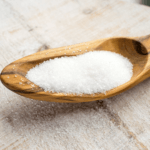
More hype than substance: erythritol and cardiovascular risk
A newly-published study caught public attention by reporting an association between the common sweetener erythritol and increased risk of heart attack and stroke, but there’s more to the story.

#240 ‒ The confusion around HDL and its link to cardiovascular disease | Dan Rader, M.D.
“HDL cholesterol itself is not directly and causally protective against atherosclerotic cardiovascular disease.” —Dan Rader

#230 ‒ Cardiovascular disease in women: prevention, risk factors, lipids, and more | Erin Michos, M.D.
“How we live the first half of our lives really influences our freedom for morbidity and mortality the second half of our lives.” —Erin Michos


